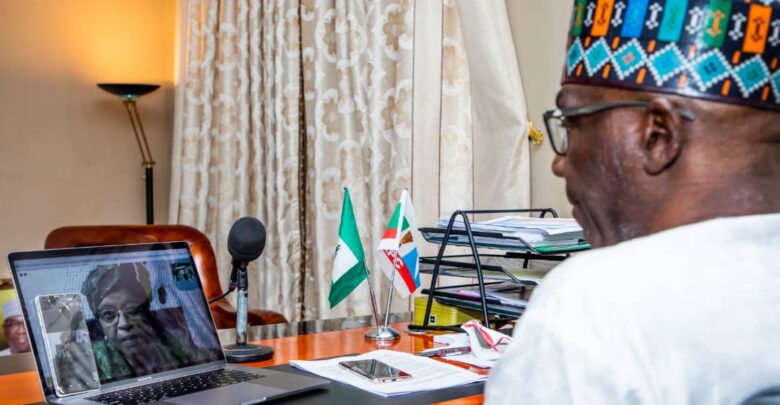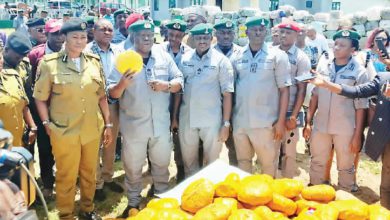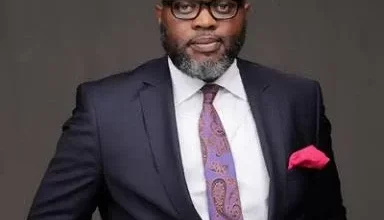
Institutional reforms key to gender inclusion – Sirleaf
- Mainstreaming gender inclusion in governance requires institutional and legal reforms and deliberate efforts by political leaders to give women a fair chance to contribute their own quota to development.
Mainstreaming gender inclusion in governance requires institutional and legal reforms and deliberate efforts by political leaders to give women a fair chance to contribute their own quota to development.
This is the conclusion of the panelists at the 1st Kwara State Gender Conference held on Thursday.
The virtual conference was attended by a former Liberian President, Ellen Sirleaf; Deputy Secretary-General of the United Nations, Amina Mohammed; Minister of Women Affairs, Pauline Tallen; World Bank representatives; ECOWAS Parliament; Chair of the Forum of Nigerian First Ladies, Erelu Bisi Fayemi; First Lady of Kwara and Secretary of the First Ladies Forum, Olufolake AbdulRazaq; the First Lady of Sokoto State, Mairo Tambuwal, among several others.
The event was organised by the office of the Senior Special Assistant to the Governor on Sustainable Development Goals, Jamila Bio-Ibrahim.
In his welcome remarks, Governor AbdulRahman AbdulRazaq said gender inclusion was key to faster growth that leaves no one behind.
“We set out to offer a strong platform to state and non-state actors alike to discuss domestic, bilateral and multilateral strategies to increase women’s participation in our societies. True to that, we are joined at this conference by some of the strongest voices in the clamour for better opportunities for women in Africa. Kwara State is actively taking the lead in the campaign for gender inclusion because we are convinced that society works better and grows faster when no one is denied equal opportunities to succeed. And we have no regret pursuing this noble cause,” he said.
Sirleaf said advocacy for women empowerment should include reforms at various levels, a view shared by World Bank Country Representative for Liberia, Khwima Nthara, who added that institutions needed to undergo reforms to promote gender inclusion and women empowerment.
Sirleaf called AbdulRazaq a regional leader in the promotion of gender inclusion and said other leaders should emulate him.
“You have demonstrated that ensuring parity in leadership positions can be done. You have moved considerably the numbers of women at the leadership level in the civil service and the number of female cabinet members is to be applauded,” she said.
Tallen, on her part, said the Federal Government is also putting in place various mechanisms, including striking partnerships with key institutions like the National Assembly, to boost women empowerment.
Nthara said the World Bank was supporting countries and subnational entities with agenda for girls to have access to good education and reproductive health services.
“The World Bank rather is also supporting legislative and institutional frameworks that are promoting gender equality and women in empowerment,” Nthara said.
United Nations Women Representative to Nigeria and ECOWAS, Ms Comfort Lamptey, called for increased support for various measures that break all the barriers against women.
“We urge you (the governor) to encourage other governors and bring them on board in this quest for gender equality,” she said.
Fayemi called for strengthening of the political and legal frameworks for protection of women, hailing the unprecedented political will displayed by AbdulRazaq while also commending the pro-women institutional frameworks in Ekiti.
Tambuwal, on her part, said gender inclusion is majorly about fairness and justice, calling on Nigeria to domesticate and implement various global conventions on gender rights.



